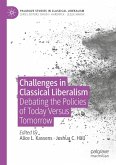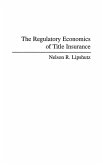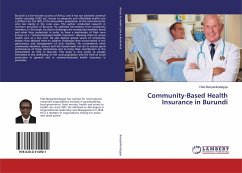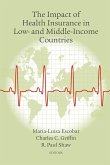This book problematizes the adherence of organized Brazilian workers to health plans, a paradox in the face of the existence of the SUS, which provides citizens with a universal and free health system. In fact, this adherence by workers to private healthcare provision is linked to the pre-existing trajectory, when, from 1923 onwards, the original legal framework was defined that established tripartite social protection funding, supported by the state, business and workers. The model linked social protection to capitalist production. The book points out how, over the last 40 years, this adherence of the organized working class to private-based health schemes with tripartite financing, today represented by the plans, has been reconfigured, with future consequences for occupational health care. At the end of the day, the thesis indicates that health care managed by medical companies will not guarantee the protection expected by workers, while the SUS, likewise, will find it difficult to overcome its structural underfunding, and it is urgent to think of a new social pact that ensures adequate and equitable health protection for all Brazilians.
Hinweis: Dieser Artikel kann nur an eine deutsche Lieferadresse ausgeliefert werden.
Hinweis: Dieser Artikel kann nur an eine deutsche Lieferadresse ausgeliefert werden.








